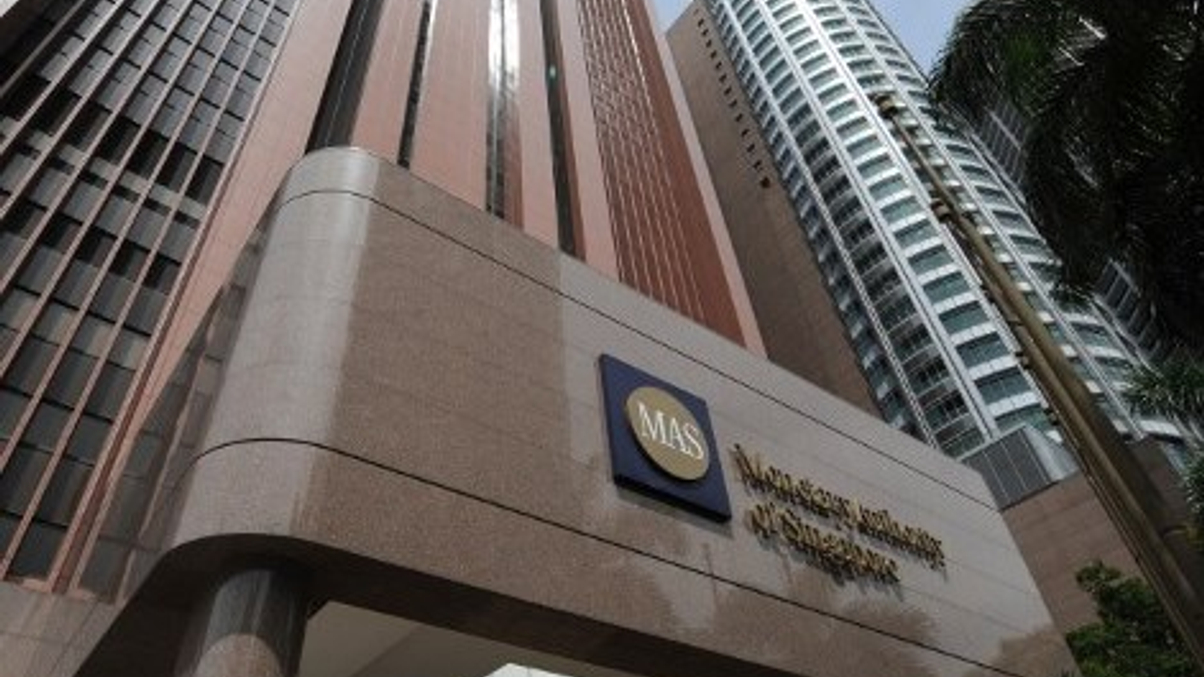MAS puts private banks on notice with Falcon sanction
Singapore's central bank demonstrated its increased zeal to enforce anti-money laundering laws by revoking Falcon Private Bank's licence and heavily fining DBS and UBS.

The Monetary Authority of Singapore (MAS) declared its intention to aggressively enforce anti-money laundering rules with its revocation of the licence of Falcon Private Bank and fining of DBS and UBS yesterday. Other private banks should brace themselves for increased scrutiny and a zero-tolerance attitude, say industry experts.
Sign in to read on!
Registered users get 2 free articles in 30 days.
Subscribers have full unlimited access to AsianInvestor
Not signed up? New users get 2 free articles per month, plus a 7-day unlimited free trial.
¬ Haymarket Media Limited. All rights reserved.


